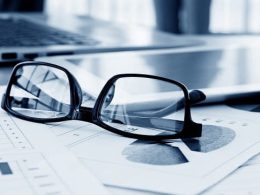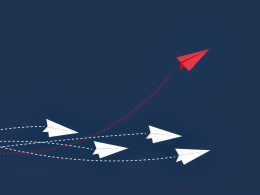According to Doomberg1, In 2019, a staggering private market transaction made headlines as shares of OYO, an Indian start-up facilitating inexpensive hotel bookings, were traded at a valuation of $10 billion. The Wall Street Journal reported, "Oyo Chief Executive Ritesh Agarwal is buying part of the shareholdings of early investors Sequoia Capital and Lightspeed Venture Partners… financed by institutional banks and finance partners."
Similar to WeWork, OYO followed a business model that involved signing long-term contracts with hotel operators and filling the rooms through its app. This approach, criticized as dubious by seasoned investors, was backed by SoftBank and its CEO, Masayoshi Son. As Doomberg put it, "Son is anything but normal."
The staggering $2 billion credit that enabled 25-year-old Agarwal to buy shares in OYO came with Son’s personal guarantee. According to Doomberg, "Banks may ask for more collateral if Oyo’s valuation drops, and the two men could face personal losses." The situation generated scrutiny, as it presented a 'heads I win, tails you lose' scenario for Agarwal while putting banks at considerable risk.
Son’s support for OYO and his personal guarantee could also be seen as a strategic move to prevent any market fallout from early investors exiting OYO. As Doomberg notes, "Through the power of his own signature, the valuation of OYO magically doubled, Sequoia and Lightspeed made a killing, Softbank and the Vision Fund got to mark up their investments twofold, and the circular show went on."
Meanwhile, Arm Holdings, a UK-based computer chip designer acquired by SoftBank for $32 billion in 2016, is on its way to becoming a publicly-traded company again. Doomberg highlights that SoftBank has raised Arm’s valuation to $64 billion, by acquiring a 25% stake from its own Vision Fund unit. In the upcoming IPO, Arm aims for a valuation between $60 billion and $70 billion.
However, there are concerning details in Arm's Form F-1 filed with the U.S. Securities and Exchange Commission (SEC). For instance, the company reported a decrease in revenue from $2.703 billion to $2.679 billion, and its net income also dropped from $676 million to $524 million in the last fiscal year. Moreover, Arm's deep dependence on China, where it owns only 48% of Arm China, presents 'significant risks', according to Doomberg.
Doomberg emphasizes that SoftBank is currently teetering on a precarious edge with its recent $3.3 billion loss and layers of debt. Citing a report from Financial Times, Doomberg says that Son could borrow up to $25 billion against the value of Arm’s stock, funds he plans to use for further speculative market bets.
Despite the risks, Son is going all in for the Arm IPO, with 28 global banks participating in underwriting the offering. As Doomberg concludes, "One of the biggest whales in the casino is about to swagger up to the roulette wheel and bet it all on red. It is going to be quite the spectacle."
Disclosure: No financial interests in the mentioned companies are held by the Doomberg team. Consult a financial advisor before making investment decisions.
Footnote:
1 Adapted from source: Doomberg. "Arm’s Length." Doomberg, 29 Aug. 2023, doomberg.substack.com/p/arms-length.












